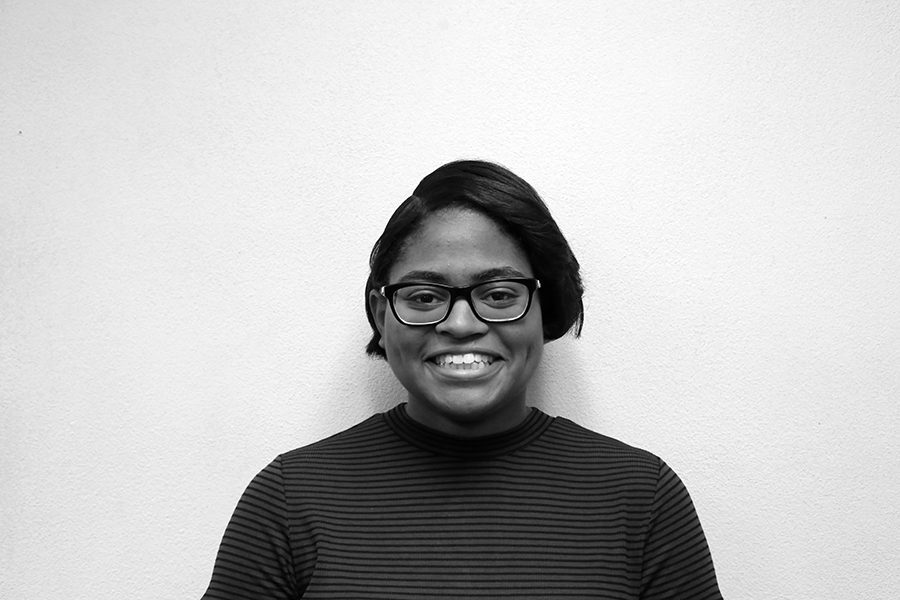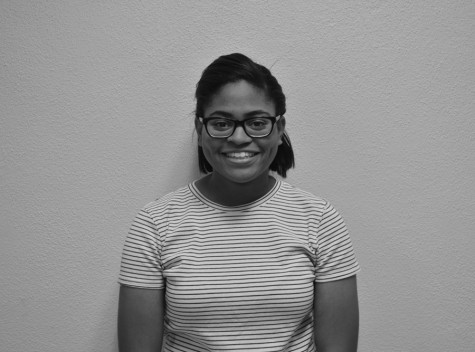Racial inequality exists in pop culture
Media creates unfair stereotypes
May 3, 2016
I have a habit of paying attention to characters of color in TV shows and movies — I make jokes about how writers kill off the black people first and don’t give them any lines.
Now that I’m older, though, I have realized it’s not a joke anymore. In 2014, researchers at the University of Southern California studied the top 100 films and discovered that nearly 75 percent of all characters were white and only 12 percent were African American.
In our society, African Americans are not seen as actors. Instead, they are seen as professional athletes or rappers. However, according to the U.S. Department of Labor, nearly 20 percent of employed Blacks worked for state, local or federal governments. Comparatively, only 14.2 percent of employed whites worked in similar positions. Clearly, not all of us succeed in pro sports, but find our calling in some other profession.
In fourth grade, the only thing I ever wanted to do was attend the University of Wisconsin-Madison. I don’t know when or how I became so obsessed, but it was my dream school. At one point during the school year, we had to make a presentation about our future: dream career, house, college, etc. I automatically wrote down Madison, because I knew exactly where I was going.
After we were done, my teacher showed the presentations to our families at conferences. I was so excited for my mom to see all the hard work I put into it. But when my mom arrived home that night, she told me that my teacher thought it was a little odd I wanted to go to school in Wisconsin.
In other words, my teacher thought it was unusual that an African American wanted to go to college in Wisconsin. According to the U.S. Census Bureau, in 2013 African Americans made up 6.5 percent of the state’s population.
As time went on, my love for the University of Wisconsin-Madison soon faded and I found a new college to become obsessed with, but I remember that situation because it reminds me that I need to follow my own path. If I had taken what my teacher said to heart, there would be things I never would’ve experienced in the past couple of years.
Don’t feed into the stereotypes or status quos that society uses to hinder people of color from pursuing our goals. I don’t want the color of my skin to dictate where I want to go to college or which career I want.
As the time to apply to colleges is nearing for me, I make sure to look at diversity rates and locations to help me decide. I don’t want someone to tell me I can’t go somewhere because they are just making assumptions based off of my race.
My mom has always told me, “don’t judge a person until you have walked a mile in their shoes,” and I live by that saying every day. Get to know someone before you start matching stereotypes to different races.




